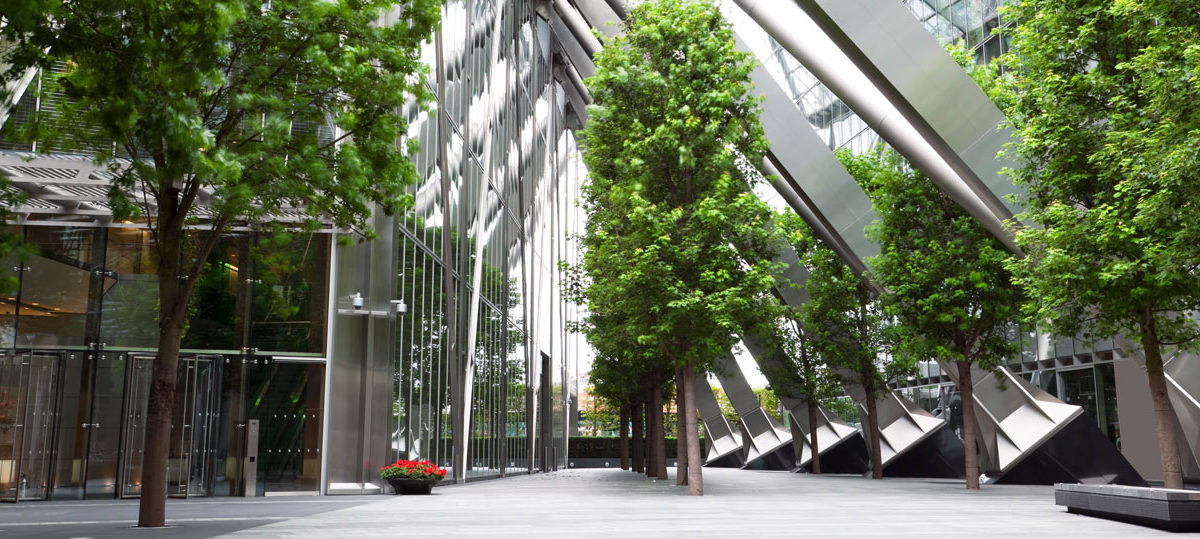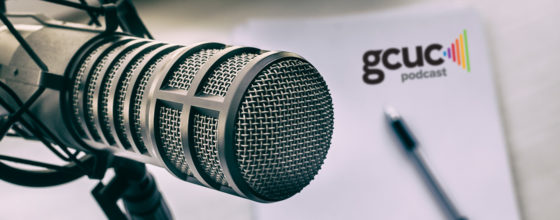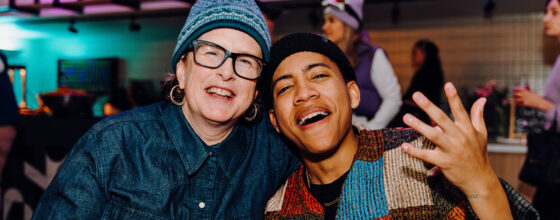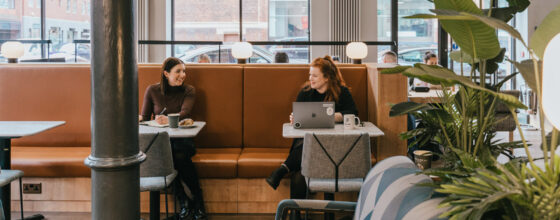Single Use Plastics In the Workplace Recap

We inhale and eat hundreds of microplastics daily. 97% of people tested are positive for hazardous plastic additives, including 95% of infants. According to the World Economic Forum, the world’s oceans will contain more plastic than fish by 2050. Now, that’s a problem.
Since the coworking industry is transformative and sustainability is another area where we have a chance to disrupt the status quo, GCUC partnered with CloudVO and SUPER® Workplaces (Single-Use Plastics Eradication or Reduction) to learn more about the Circular Economy and the small steps we can take to eradicate single-use plastics.
Professor Manuel Maqueda, CEO and Founder of SUPER® Workplaces and Tracy Wilson, COO of CloudVO taught us about the microplastics plaguing our beautiful planet, and what we can do to facilitate the reduction of single-use plastics.
Earth cannot digest plastic; it can only be broken up into smaller pieces – microplastics. But in its smaller form, plastic turns into a plague, starting as it flakes off into our drinks and even being absorbed by the roots of vegetables. Even if someone does their due diligence with eating organic vegetables, plastic poisons people due to the cocktail of additives to make the products we consume, every day. Plastic is an amazing invention but each year 160 million tons of plastic is produced as single use, so plastics enable a global disposable culture. Given that only 14% of what is placed in the blue bin is recovered, 95% of disposed plastics are landfilled, incinerated, or exported. Recycling of plastics is a mirage we can no longer ignore as 54 million tons of plastic end up in our environment as plastic pollution, each year. Bioplastics were invented to help with this mirage, but they are not what they seem and many times carry a larger “plastic footprint”. These sound like biodegradable plastics that are environmentally positive, unfortunately, there is no such thing as green plastics. The same type of endocrine disrupting additives must be used to produce the same desirable products. But plastic is not the problem; It’s not about disposal, it’s about design. The problem is how we used this incredible invention. We took a material that the planet cannot digest, pollutes everything, and created disposable packaging with it.
But there is good news, you can help change everything. Not only can you reduce plastic waste to help the earth but also engage your employees and your community, reduce costs and even grow your brand.
The certification process includes an onboarding session with Manuel Maqueda, a self-audit of your space to document your ‘plastic footprint’, and then over the next 90 days you work towards eliminating the necessary products to gain certification.
Lead the way for the whole industry and take your first step towards getting your spaces SUPER® Workplaces Certified by contacting Tracy Wilson at [email protected].
Join the sustainability slack channel in GCUC Membership to get and share marketplace resources, certified or not. Finding appropriate solutions can be a big problem since there are not reasonable options for certain products yet. But, crowdsourcing with each other makes a difference because even very small shifts with a large group of spaces can make a big difference.
Click HERE to get the full recording of Professor Manuel Maqueda of SUPER® Workplaces and the 7 Inconvenient Truths of Plastics.




